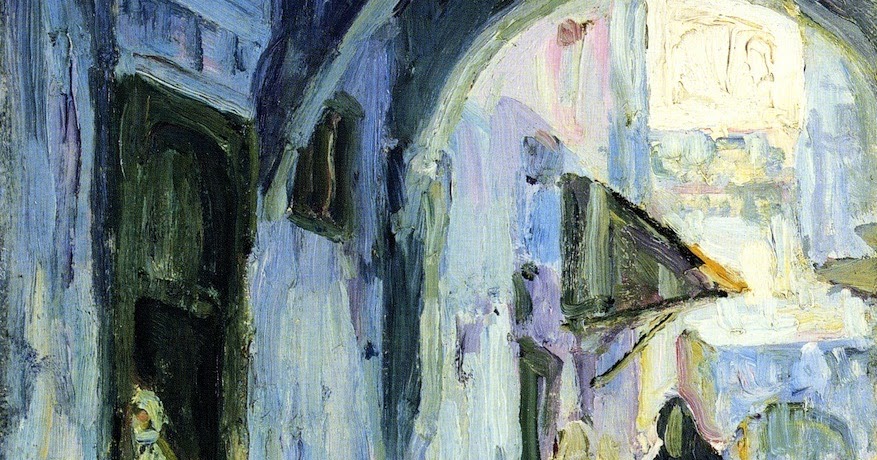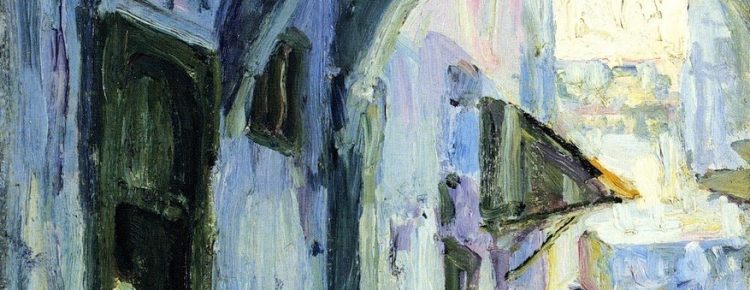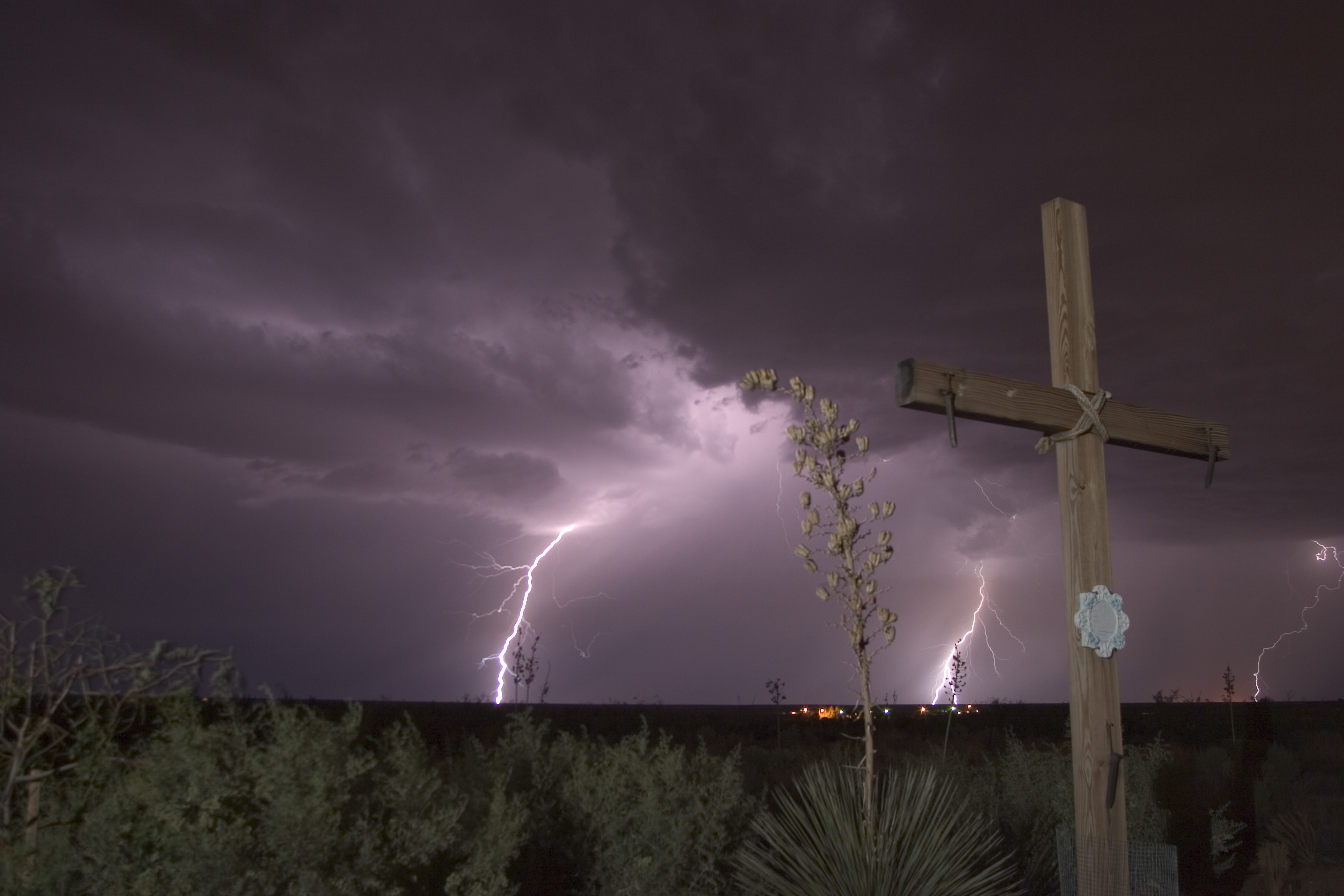Holy Week 2024: Palm/Passion Sunday
Gospel Reading: Mark 11:1-10
When they were approaching Jerusalem, at Bethphage and Bethany, near the Mount of Olives, he sent two of his disciples and said to them, “Go into the village ahead of you, and immediately as you enter it, you will find tied there a colt that has never been ridden; untie it and bring it. If anyone says to you, ‘Why are you doing this?’ just say this, ‘The Lord needs it and will send it back here immediately.’” They went away and found a colt tied near a door, outside in the street. As they were untying it, some of the bystanders said to them, “What are you doing, untying the colt?” They told them what Jesus had said; and they allowed them to take it. Then they brought the colt to Jesus and threw their cloaks on it; and he sat on it. Many people spread their cloaks on the road, and others spread leafy branches that they had cut in the fields. Then those who went ahead and those who followed were shouting, “Hosanna! Blessed is the one who comes in the name of the Lord! Blessed is the coming kingdom of our ancestor David! Hosanna in the highest heaven!”
Reflection: Rejecting Triumphalism by David Morrison
It’s interesting that this event–of Jesus riding on a pony (or donkey) into the great feast in Jerusalem with the messianic cries of the crowd is traditionally called the “triumphal entry.” I’m not aware of the history of how this event has come to be titled: maybe it’s meant to be ironic? Maybe people so ensconced in Christian triumphalism meant it literally? Regardless, when read in the context in the whole of Mark’s gospel, Jesus is engaging in prophetic parody—mocking the great leaders of the dominant empires of history. Earlier that day, it’s very likely that Pontius Pilot would have arrived from his villa for the feast and entered the city on a war horse with a color guard and with great pomp. Jesus arrives in the city on a small draft animal, probably dragging his feet on the ground instead of a white stead. Instead of a great army, the peasants shout cryptic messianic expectations. When it’s over, he doesn’t ascend David’s throne. He doesn’t confront the Romans or the Temple authorities. He sends the pony home, and walks to Mary and Martha’s house. The whole action is intentional as if he knew it was time to provoke the powers and see what they would do with him. He resolutely entered into the ultimate of love–not a superficial love, but a love that can transform crucifixion into resurrection. Christian spirituality is the practice of living and moving through the illusion and projection of love and into its essence and reality. “With Jesus there is no superficial love; instead, we are given a love that withstands the horror of crucifixion. It is the kind of love that displays how illusive our sense of reality often is” (Michael Battle).
If you’ve grown up in North American culture, you have been trained all your life to expect Jesus to make your life a “triumphal entry” into the “winner’s circle.” The reality of love calls us to follow Jesus into the same great humility. We can NEVER experience the resurrection unless we’ve died. We can’t receive grace and healing unless we’ve failed and we’re sick. Only sinners get saved—not the winners of religious purity contests. But what seems to happen after someone experiences grace? For a time, they seem to follow Jesus in the way of humility, but very often turn around and become religious oppressors. The work of humility must continue as we realize God is not really interested or impressed by our “triumphs” in life, but the Spirit is always hovering over the depths of our vulnerabilities and fragility which are the materials for a new creation to occur.
Prayer:
“Rise now, my soul, handmaid of the Savior, join the procession of the daughters of Zion and go out to meet your King. Accompany the Lord of heaven and earth, seated on a donkey; follow him with olive and palm branches, with works of piety and with victorious virtues” (St. Bonaventure). Divine Spirit, take me into yourself in order to accompany Jesus further from the adoring crowd to the path of His passion, suffering, and death. Grant me joint intimacy with the Son’s wounds so that I may drink fully the joy of His resurrection. Amen (DM).

Street in Tangiers, 1912 (Henry Ossawa Tanner)



